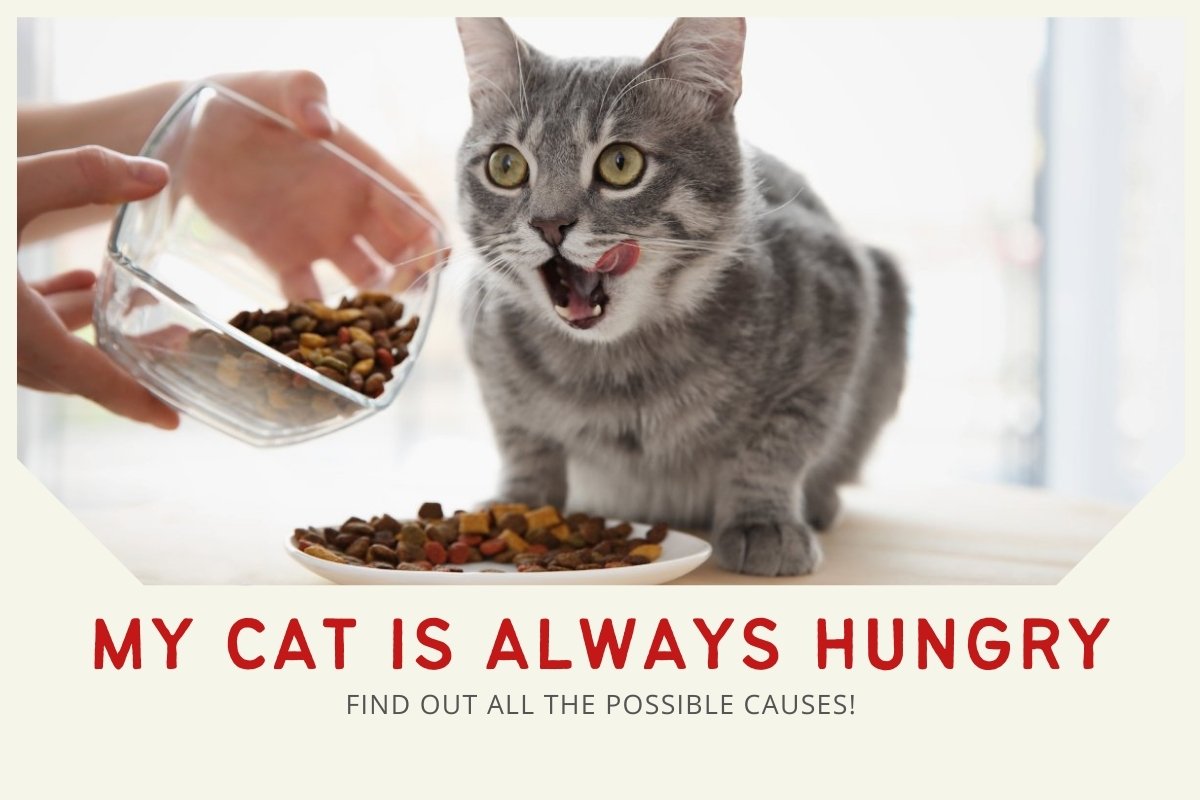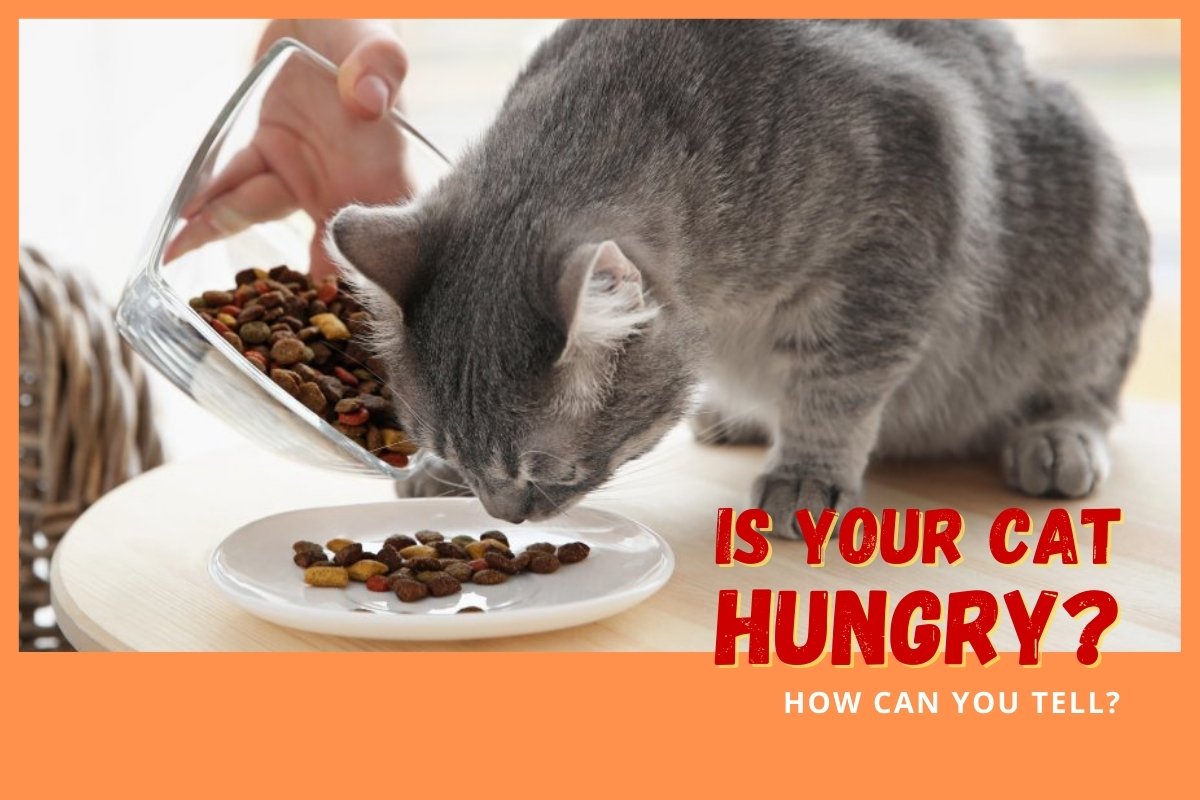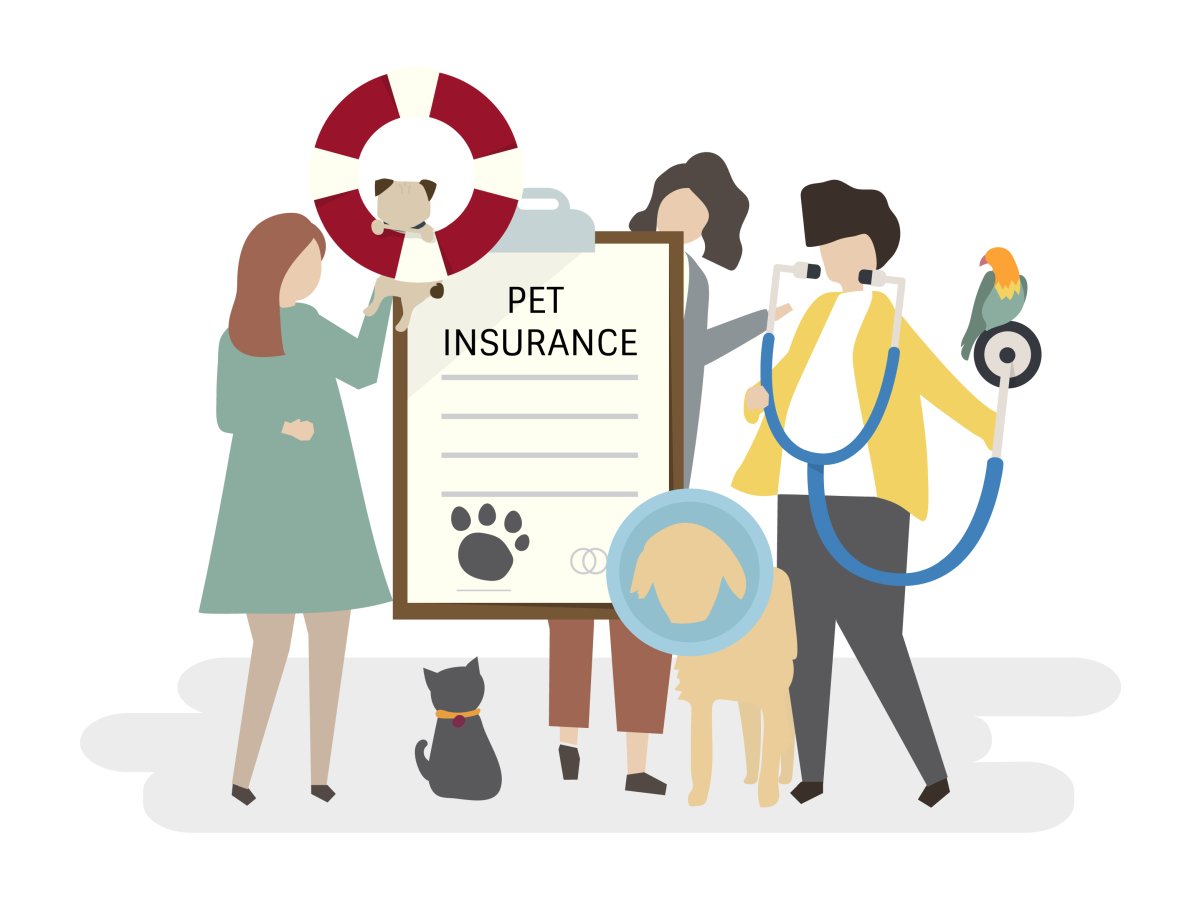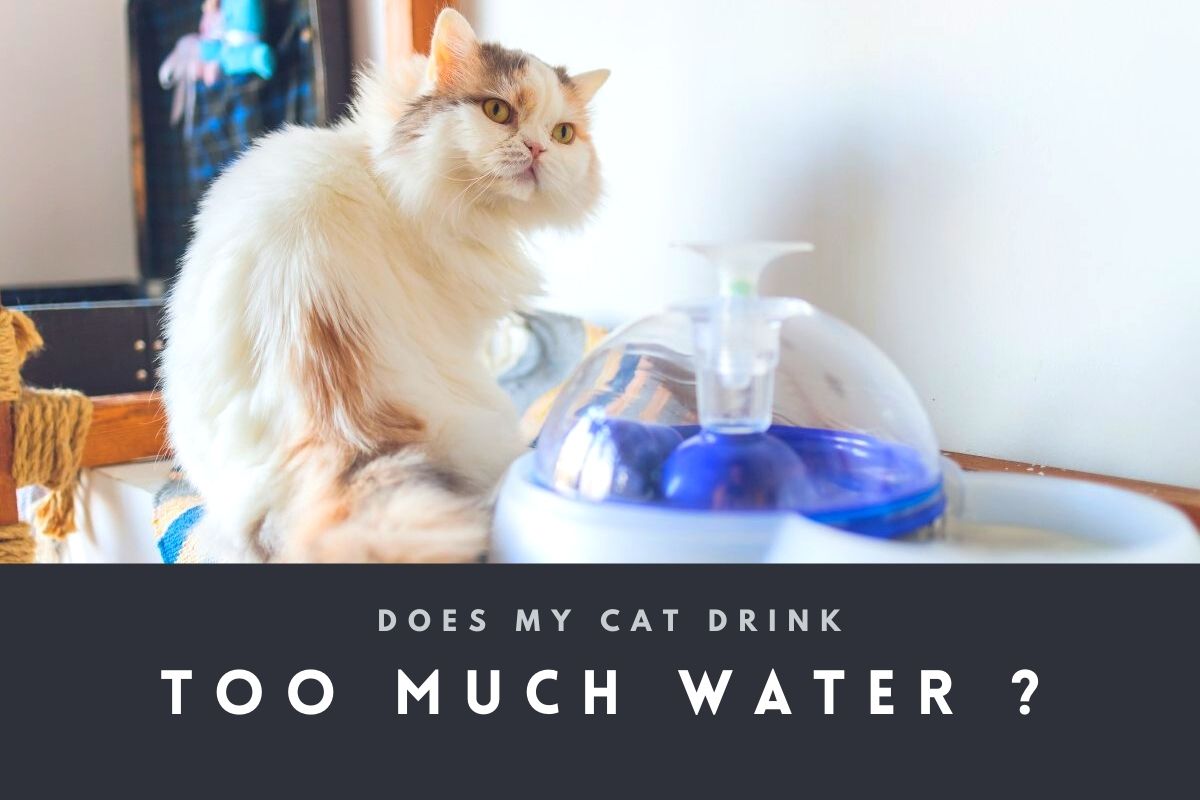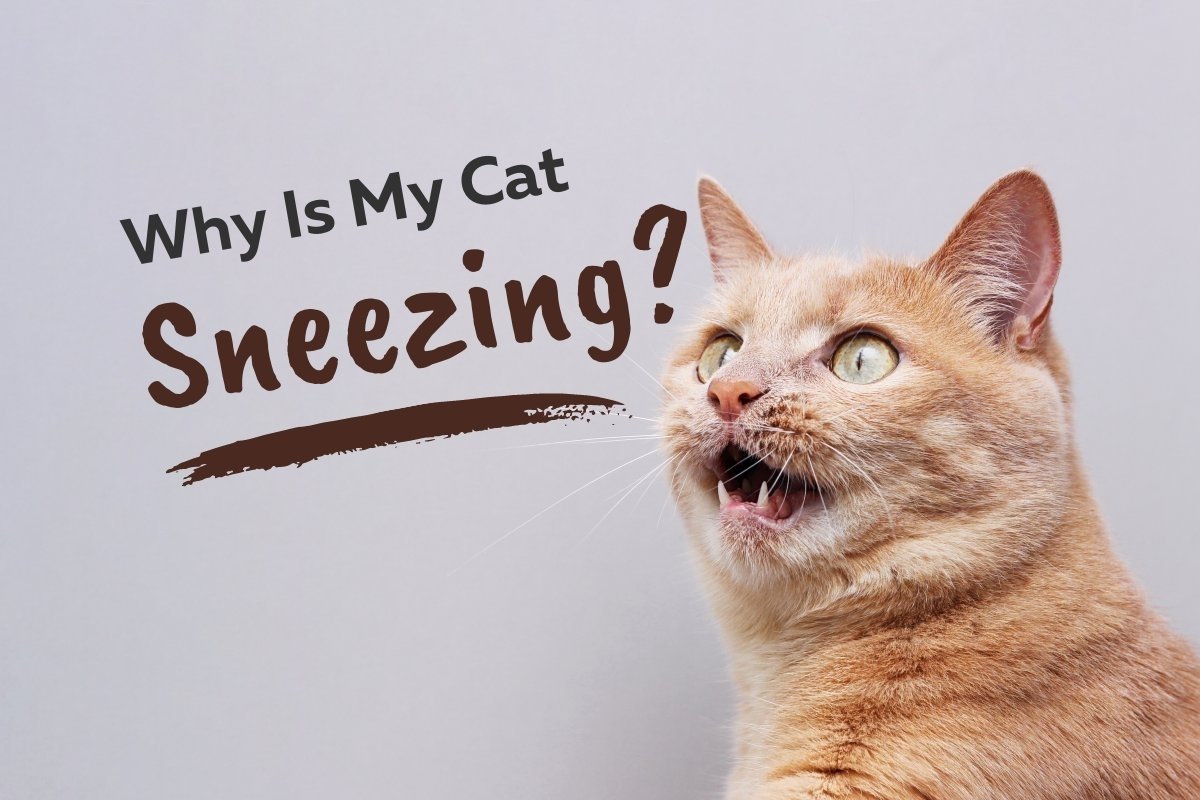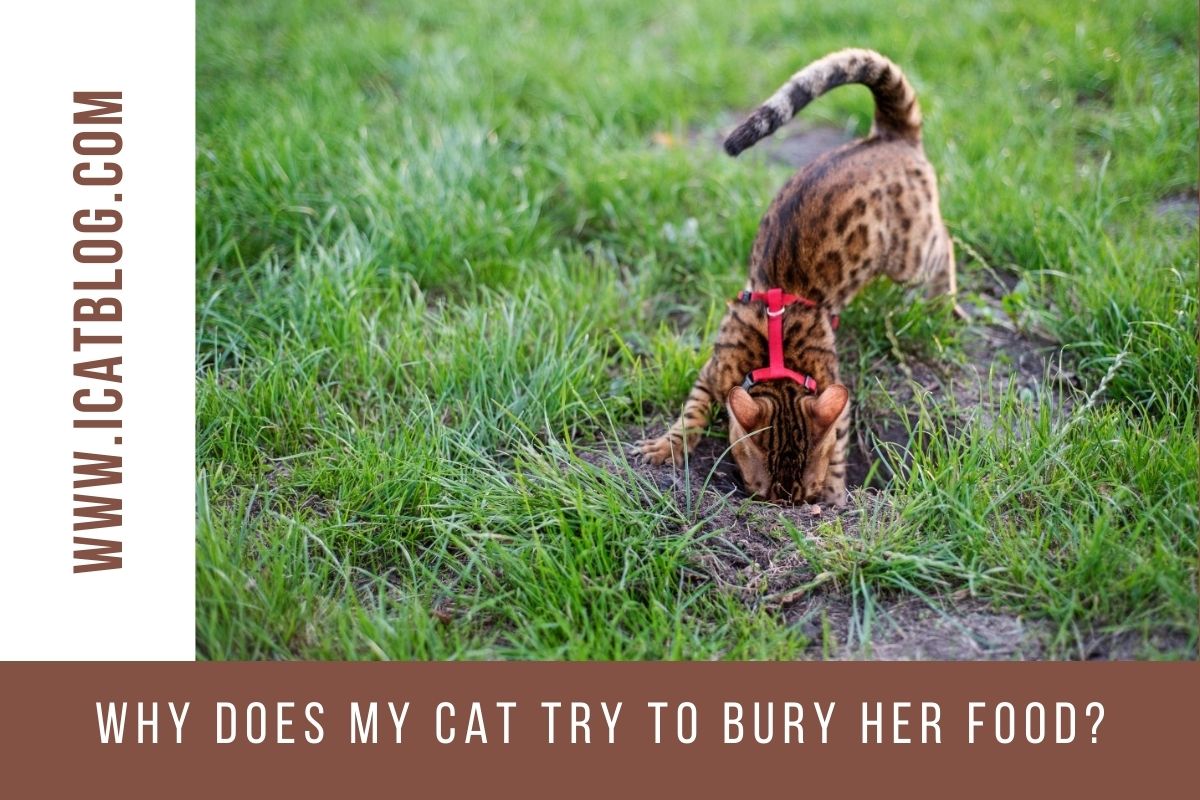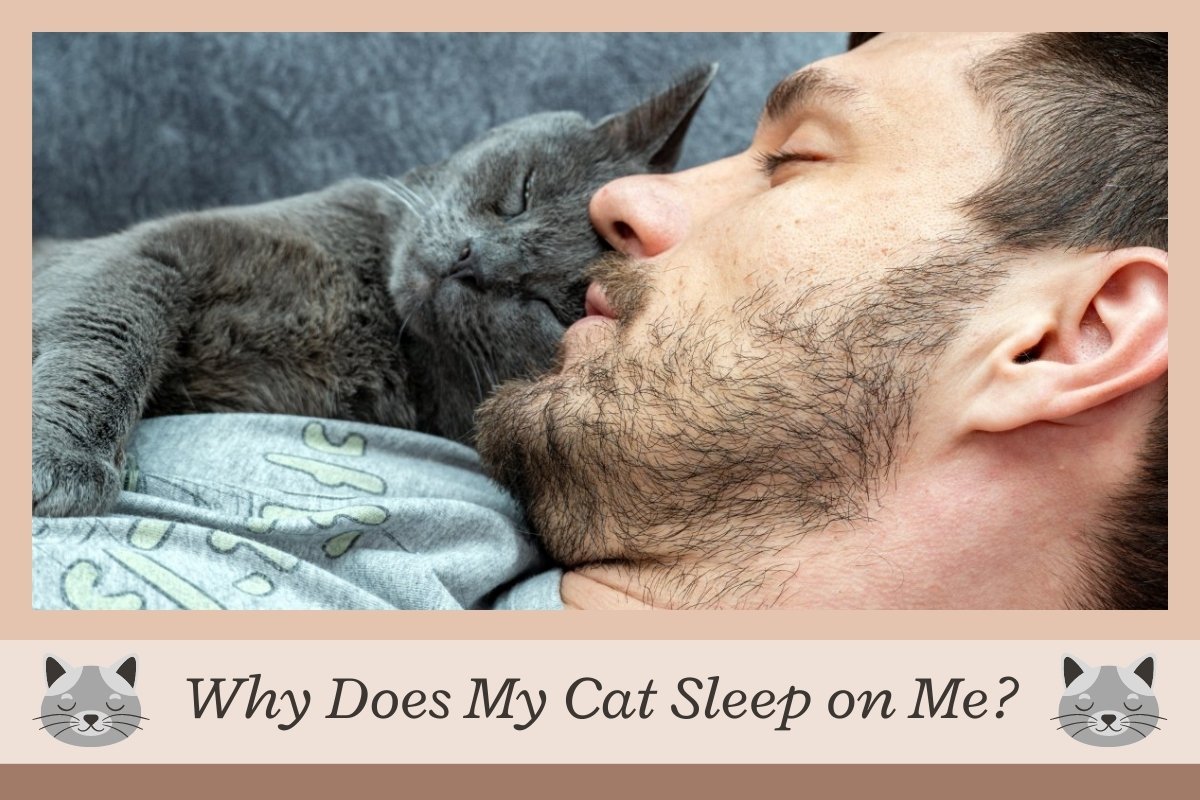As a cat parent, it is easy to get concerned for your cat if it suddenly loses its appetite and stops eating as much as it used to. On the other hand, if a cat eats a good amount and has a good appetite, we quickly assume it to be a healthy sign and disregard visiting the veterinarian.
When there could be some different health issues your cat might be dealing with, it is ideal to consult with a veterinarian instead of ignoring it.
This article will discuss the range of different conditions that can cause cats to start overeating and adopt additional health problems that come with it. Read through the entire post to find out!
Possible Reasons Why Your Cat Is Always Hungry
Suppose you have recently noticed your cat begging for more food and showing significant growth in its appetite. In that case, it very well indicates a potential health-related condition that must be addressed.
Additionally, this habit of overeating does not have to be a new one. If your cat has been showing signs for some time, then finding out the cause of this behavior is what you must do. Below are the most common reasons to help you understand your cat’s love for food.
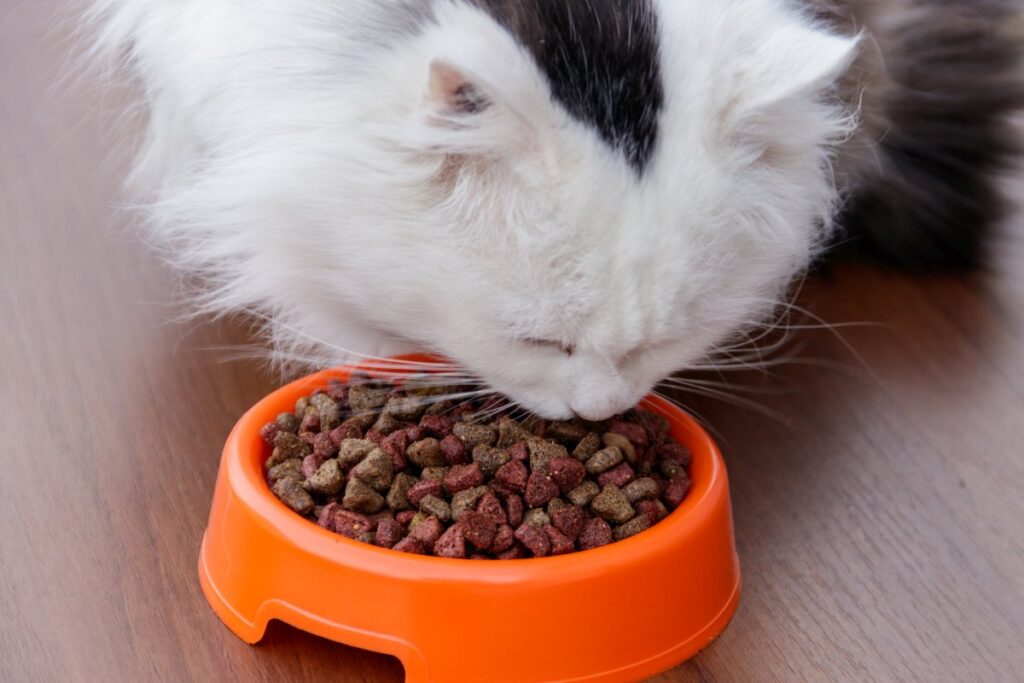
Diabetes
When a cat starts to eat its food obsessively, one of the most common reasons is diabetes. When a cat has diabetes, its body is not as efficient with absorbing full energy from its food source, particularly the necessary amounts of glucose it needs, which it cannot digest properly. This ultimately leads to a boost in the cat’s appetite, so it eats more than it should.
With the right medication, such as insulin injections and a diabetes-specific diet, your cat’s appetite and health should be back to normal. However, there are several other symptoms you need to look for to be sure that your cat is diabetic completely.
This might include excessive urination and thirst. Therefore, if your cat shows these symptoms altogether, you should get it checked with a vet.
Hyperthyroidism
In this particular case, your cat may have a decent appetite and eat more than enough, but there may be no signs of weight gain. Cats with hyperthyroidism tend to lose weight despite eating a full-fledged diet daily. In general, hyperthyroidism is when a cat’s thyroid gland has a benign tumor.
Additional symptoms include vomiting, excited and hyperactive behavior. Treating this condition in hungry cats can be done through medications, special therapies such as radioactive iodine therapy, or surgery.
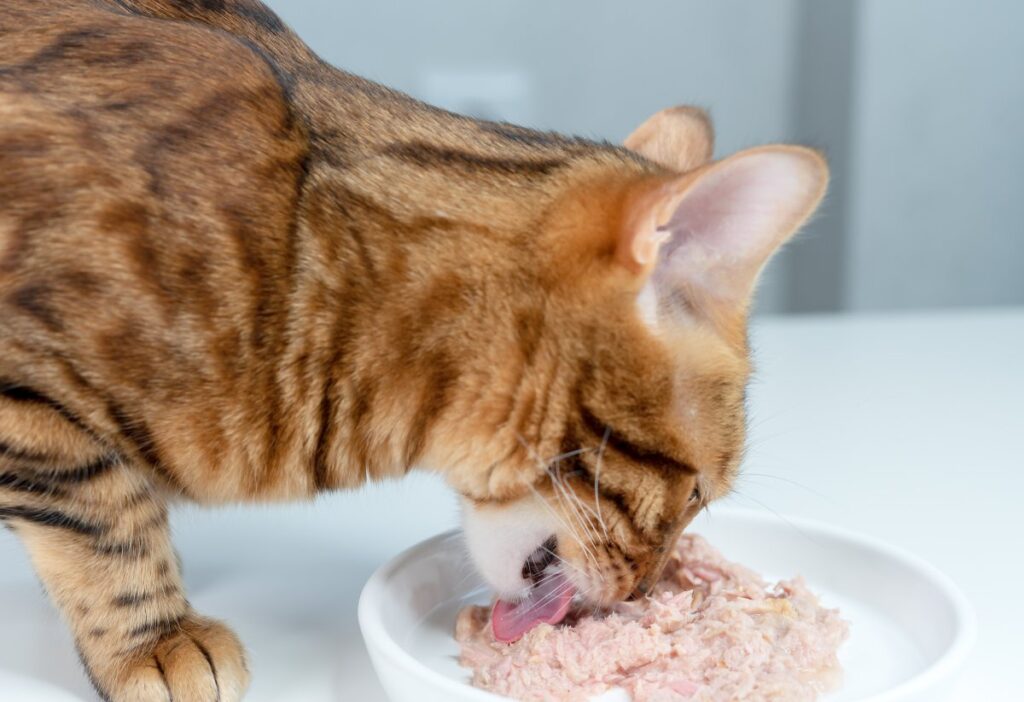
Parasites
Another reason behind an especially hungry cat is intestinal parasites or worms. The parasites typically feed off the food your cat digests, including the necessary nutrients your cat requires. This leads to the cat losing significant weight and developing overeating habits.
However, a hungry cat with roundworms inside its body might gain weight and become pot-bellied caused by swelling in the abdomen area. Roundworms are contagious, which means it is crucial to get your cat checked and treated for this condition.
This will ensure that the cat’s health is well intact and the surrounding people that can contract the disease from the cat’s litter box and food utensils.
Psychological Issues
The source behind a hungry cat does not always have to be physical issues but can sometimes be from psychological and behavioral issues such as boredom and stress. Like humans, cats can get depressed and tend to their food to comfort them and make them feel better, leading to overeating hungry cats.
Therefore, it is highly recommended that every cat parent provides enough mental and physical stimulation for their cats to keep them calm and happy.

One option that can counter the symptoms of a hungry cat is making sure it is entertained. You can do so by providing it with fuzzy toys and cat trees, as well as playing hunting activities.
Inappropriate Diet
Often, a hungry cat and its overeating habits might be due to inappropriate diets that lack the nutritional value a cat needs. Therefore, you may want to inspect your cat’s food to check whether it provides the right amount of nutrients, vitamins, proteins, fats, and carbohydrates.
Moreover, opting for a food brand verified by food authorities may also be a good idea to stabilize the eating disorders of a hungry cat.
Cancer
A somewhat similar case to diabetes, cats with cancer can no longer fully absorb all the nutrients from the food they eat. As a result, their appetite tends to grow and lead to a hungry cat eating as much as it needs to fulfill its nutritional requirements.
Unfortunately, cats are very good at hiding the weaknesses that prevent them from being seen as an easy target. This is a problem because it complicates identifying cancer in a cat.
Therefore, if you have visited the vet and have ruled out all other possibilities behind your hungry cat, further tests will be needed to confirm whether your cat has cancer.
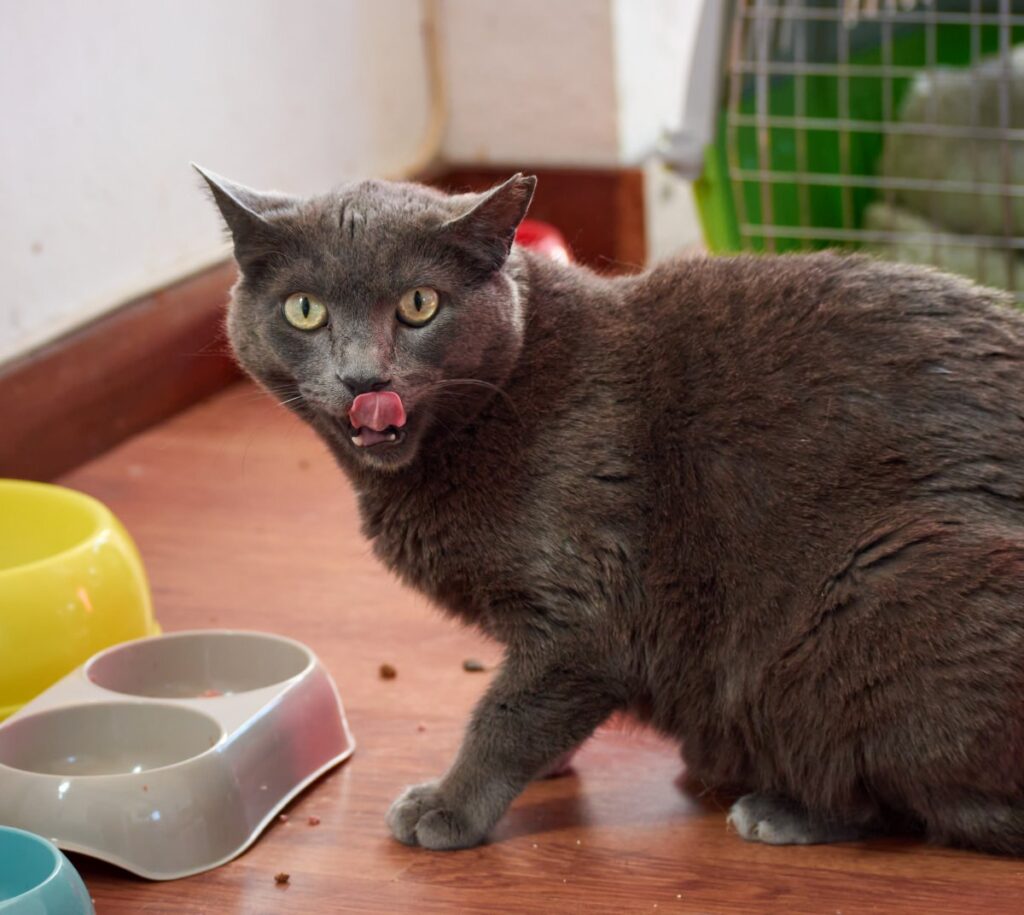
Conclusion
We hope this article answered all your questions regarding a hungry cat and was able to treat the symptoms. When you have a case of a hungry cat, finding the root cause and addressing it can be as simple as a visit to the vet and getting your cat closely examined.
So if it is related to physical health conditions such as cancer, parasites, or diabetes, your vet is qualified enough to treat those issues.
However, if you suspect that a lack of affection and attention to your cat may also contribute to a hungry cat, then making a schedule with a dedicated time for your cat will improve its mental health and happiness.

